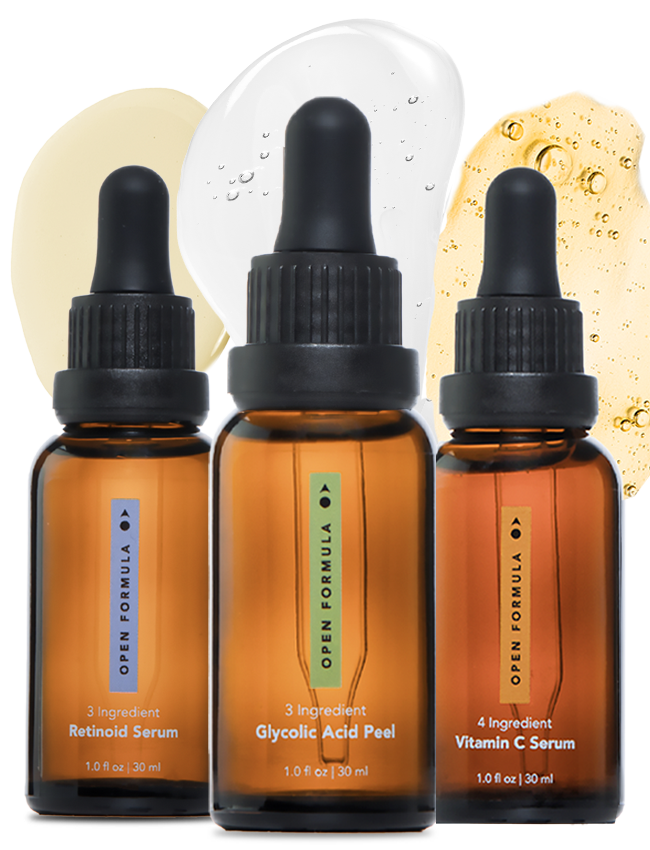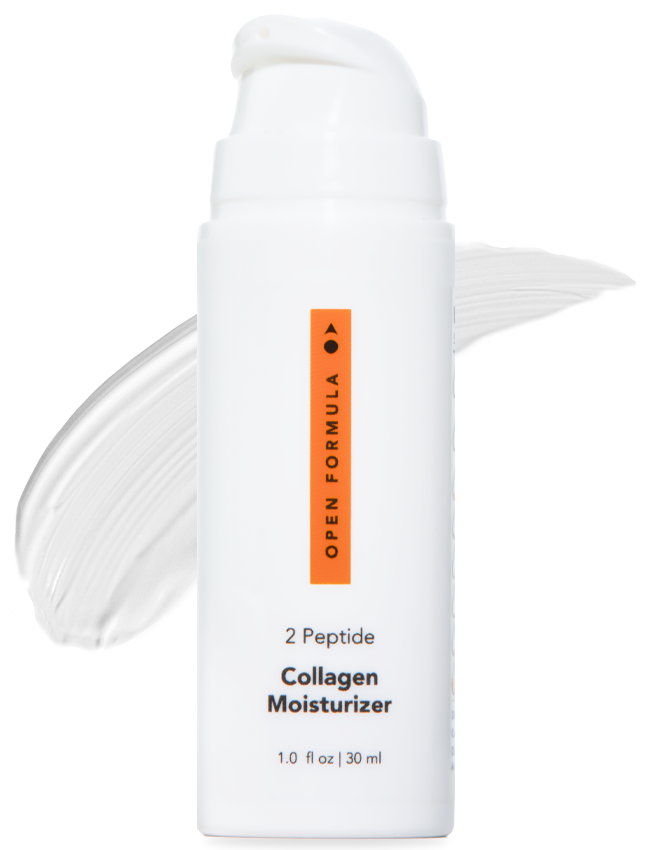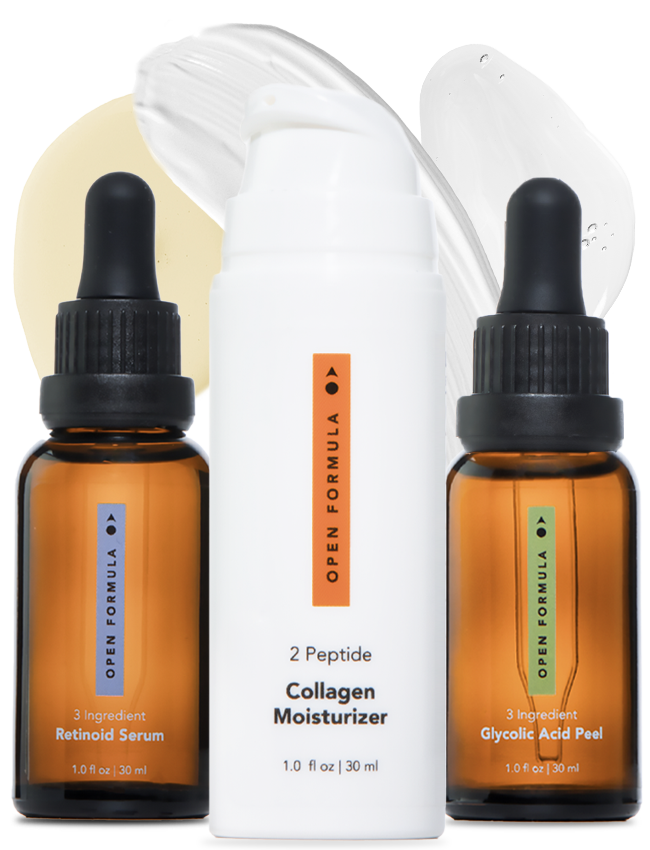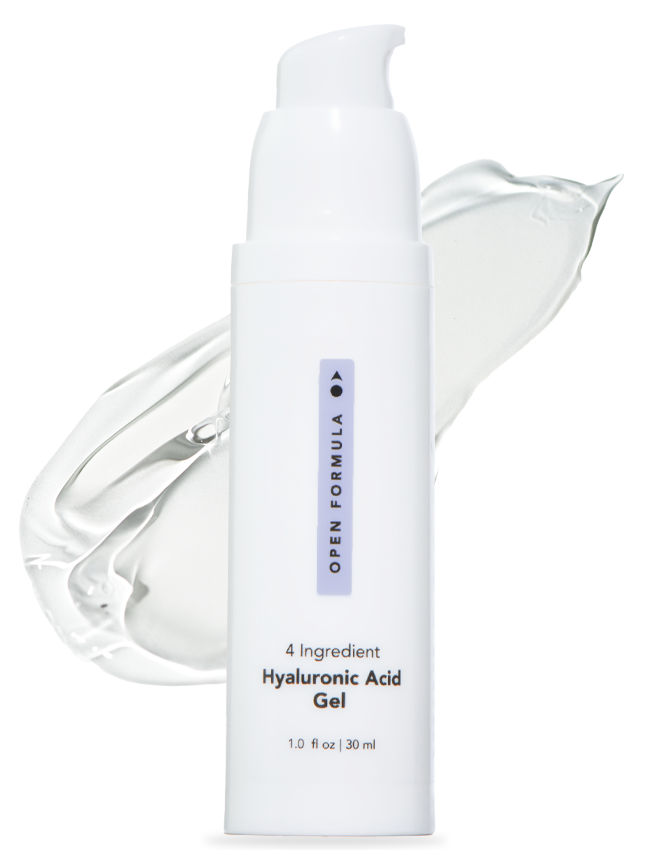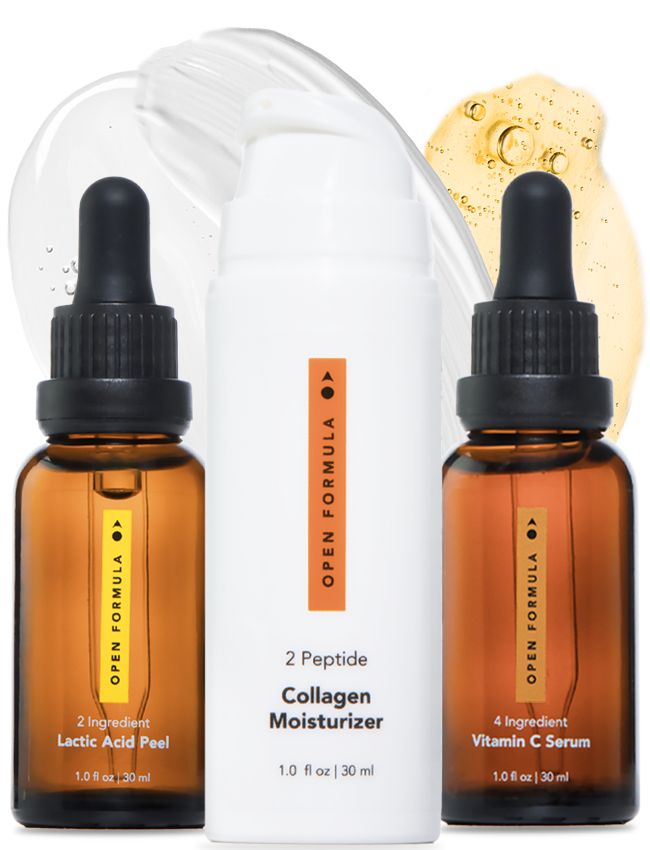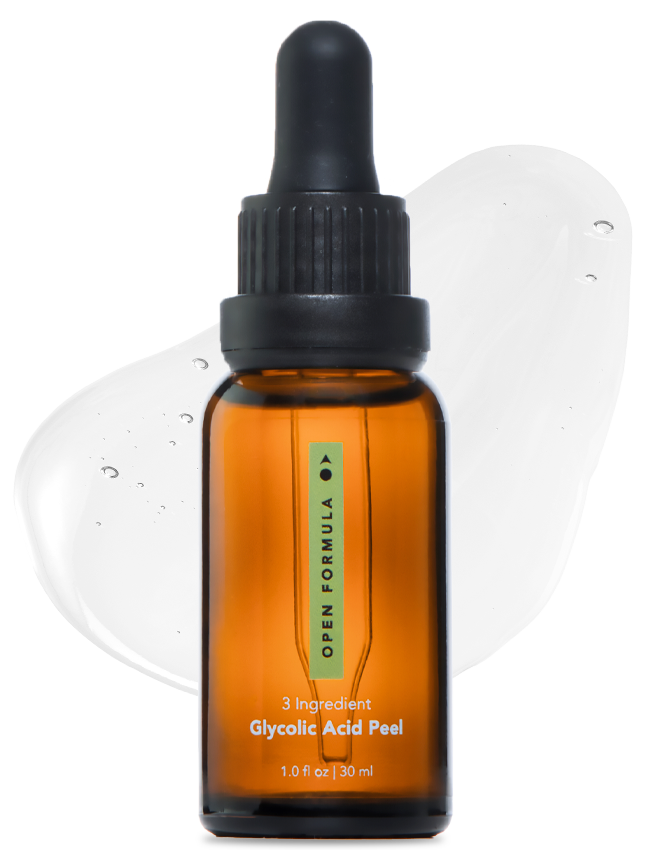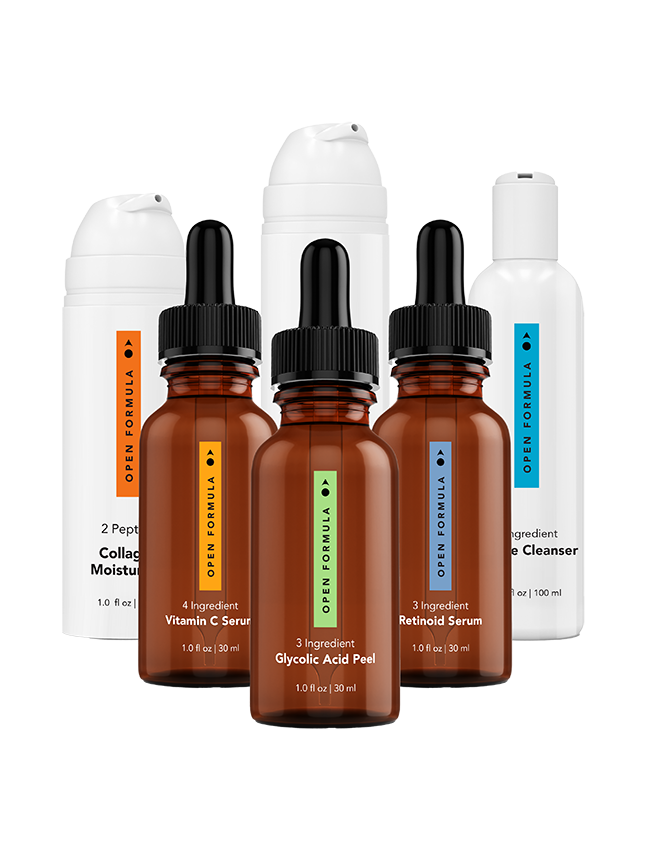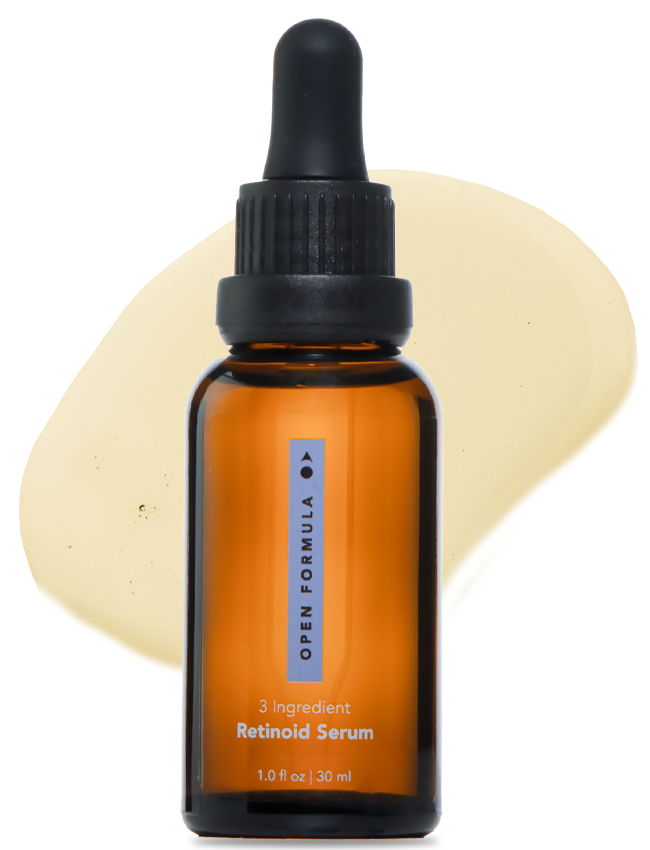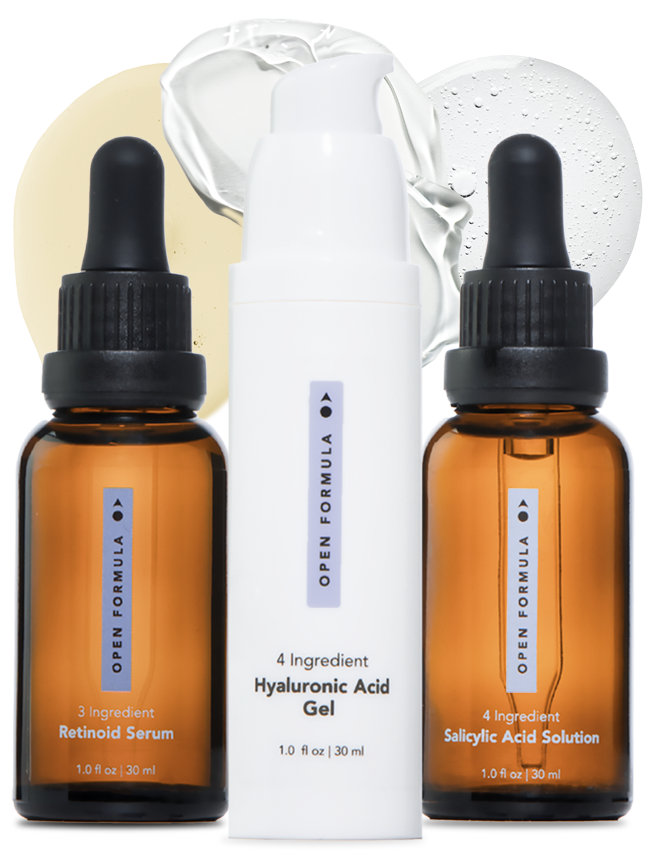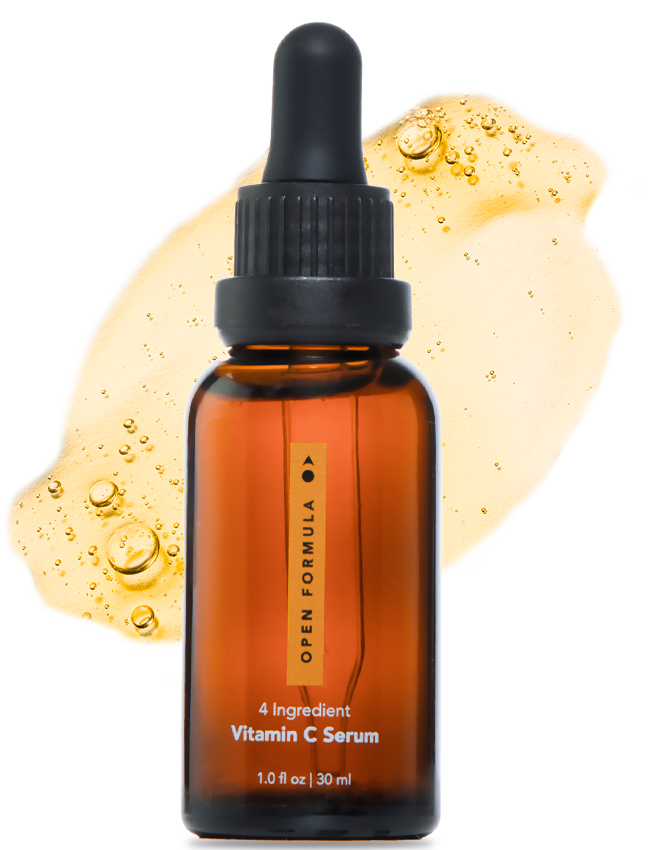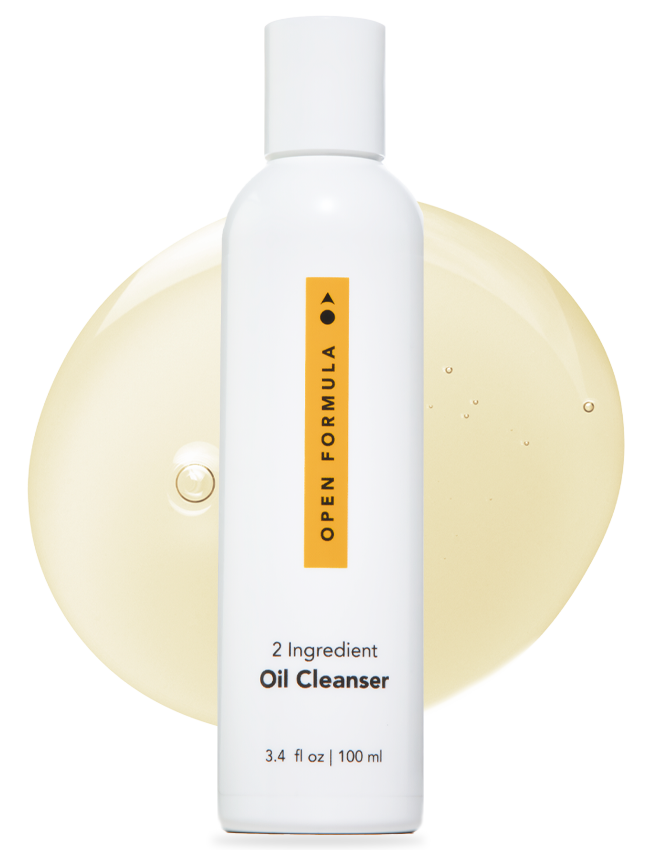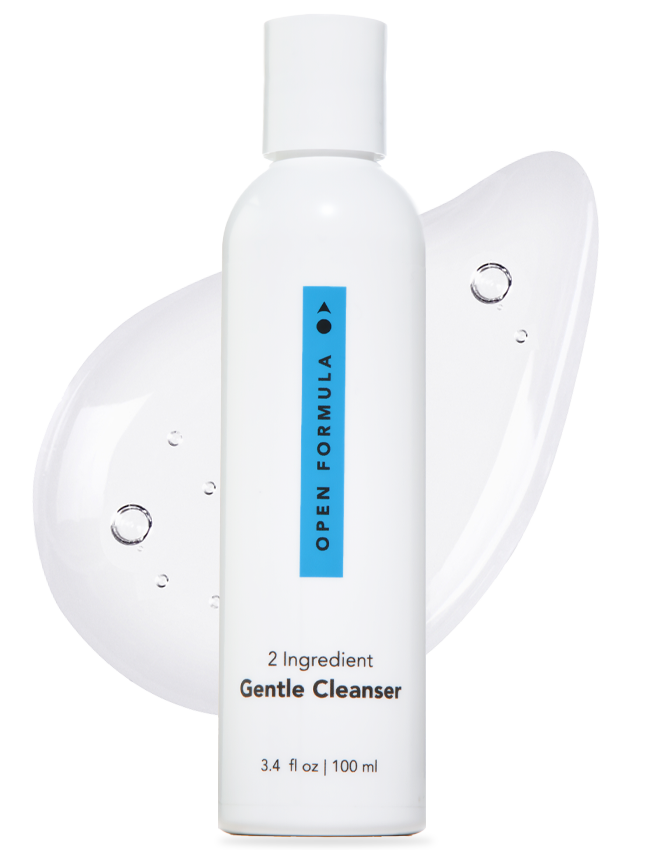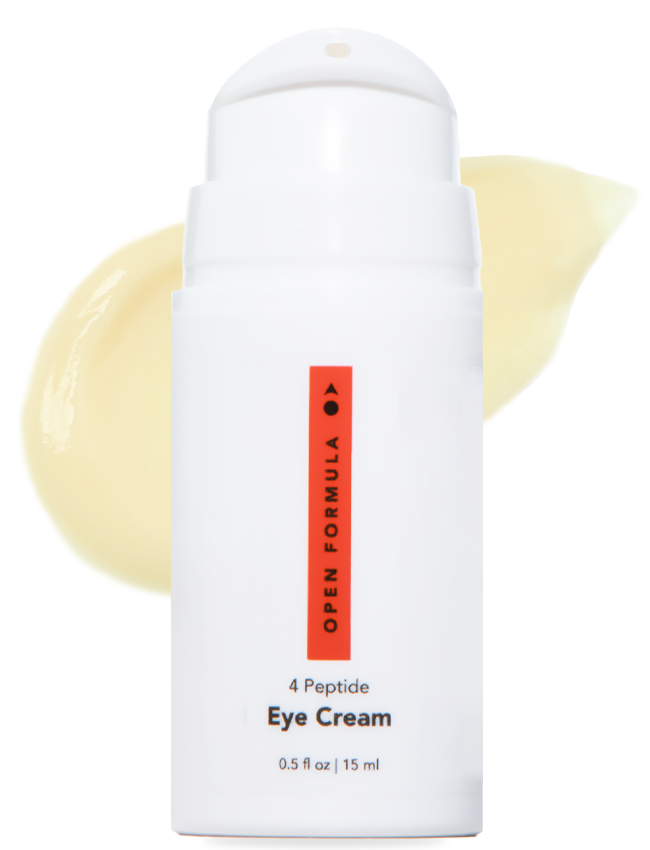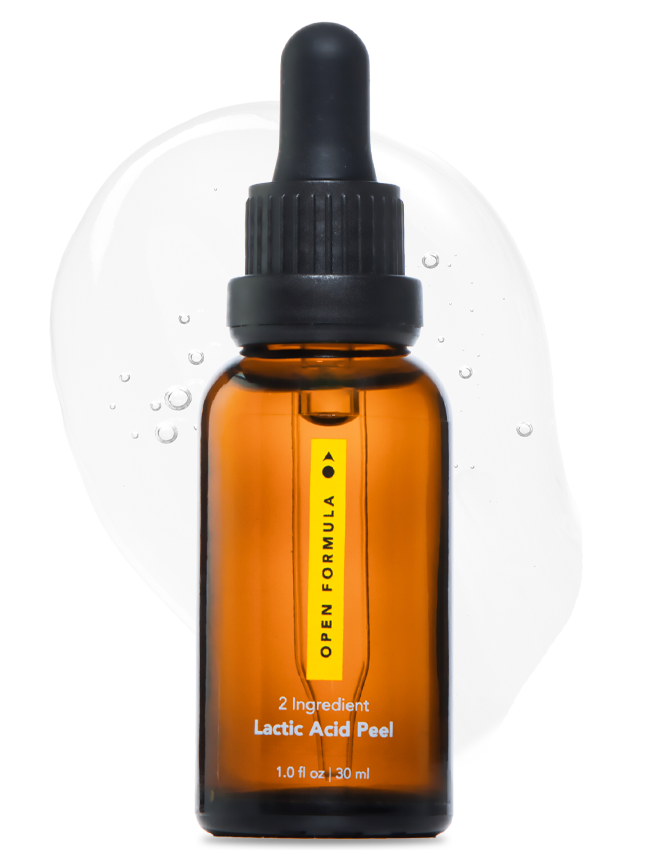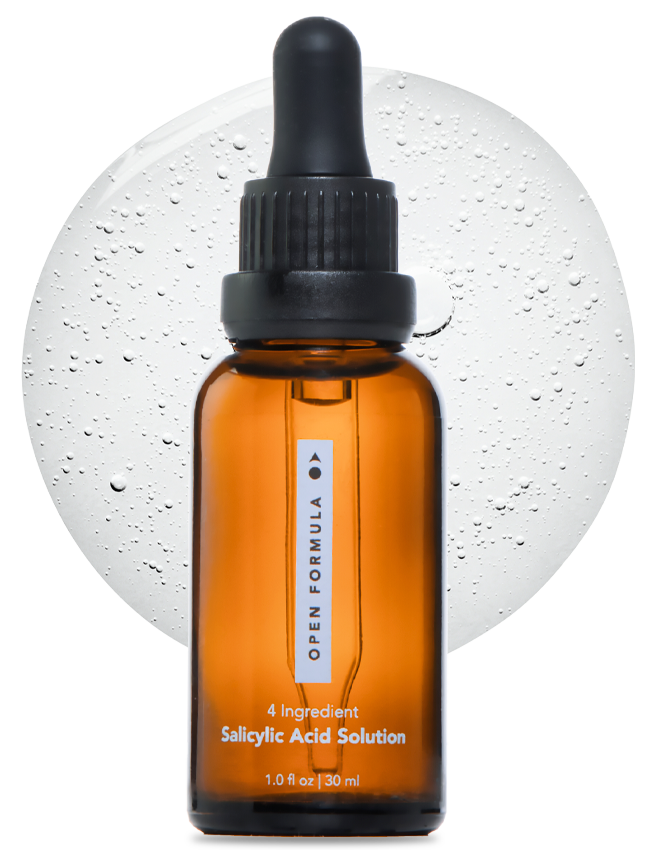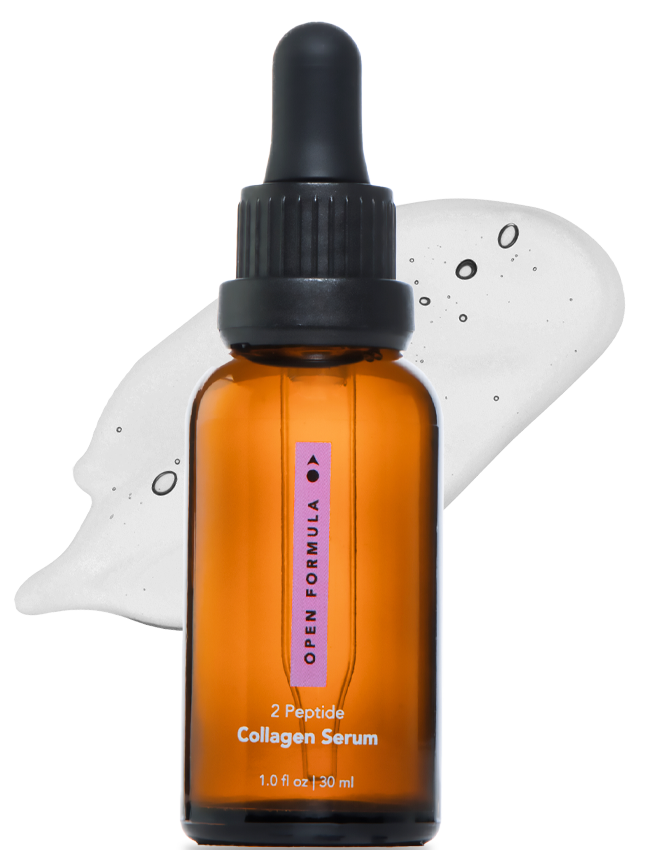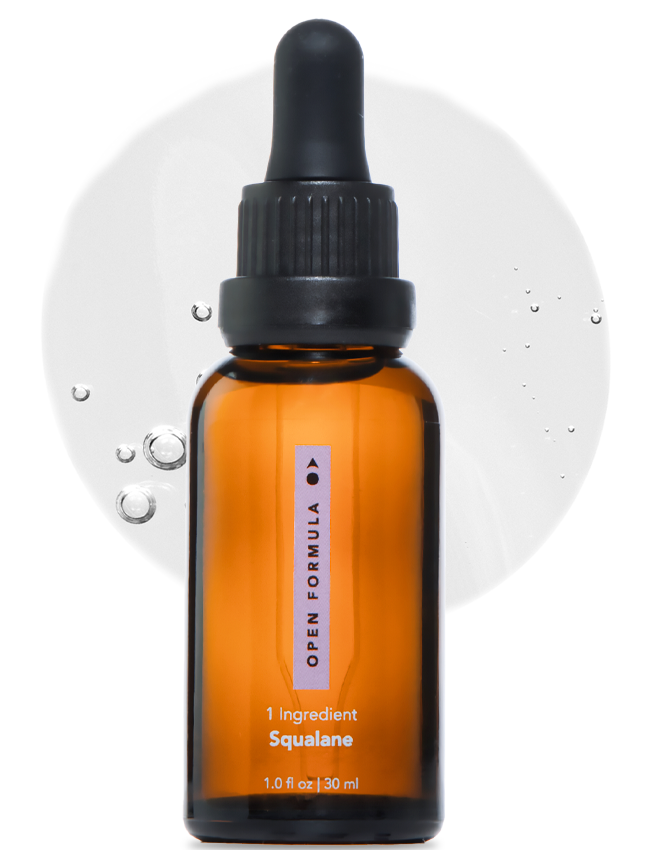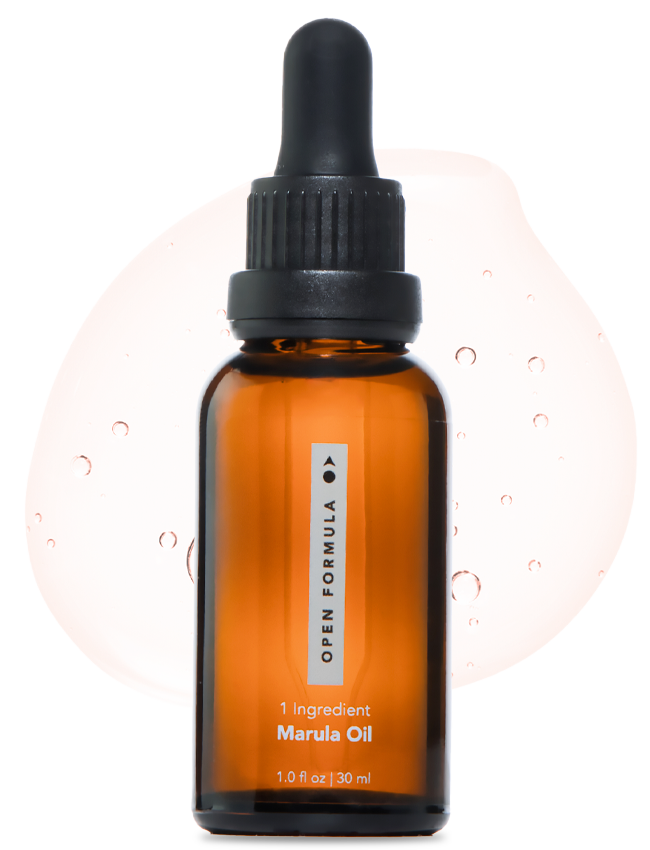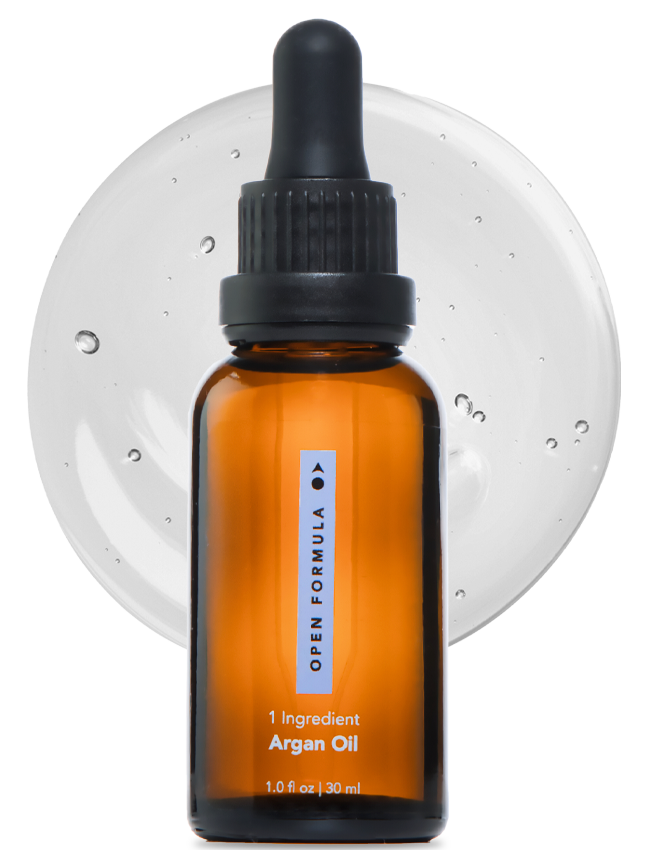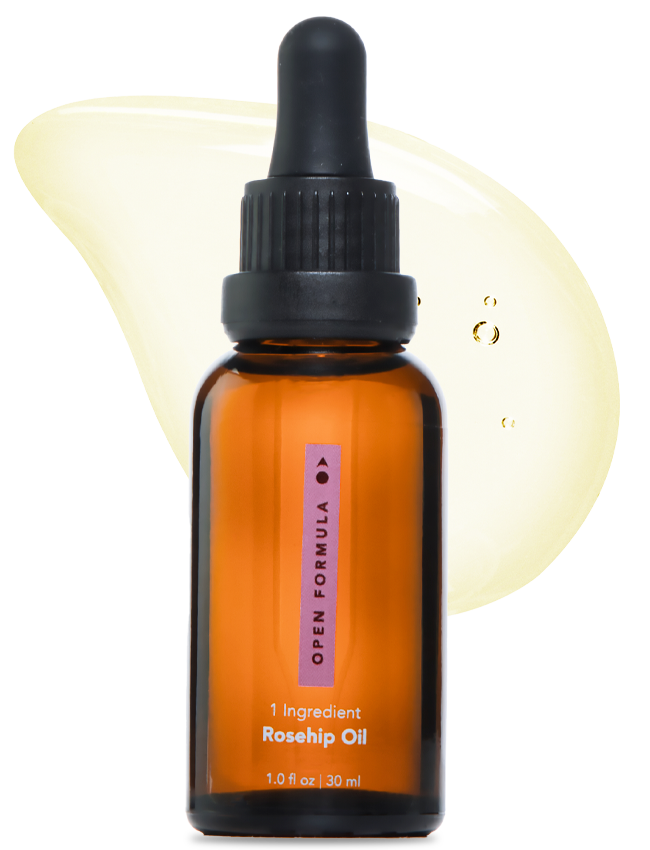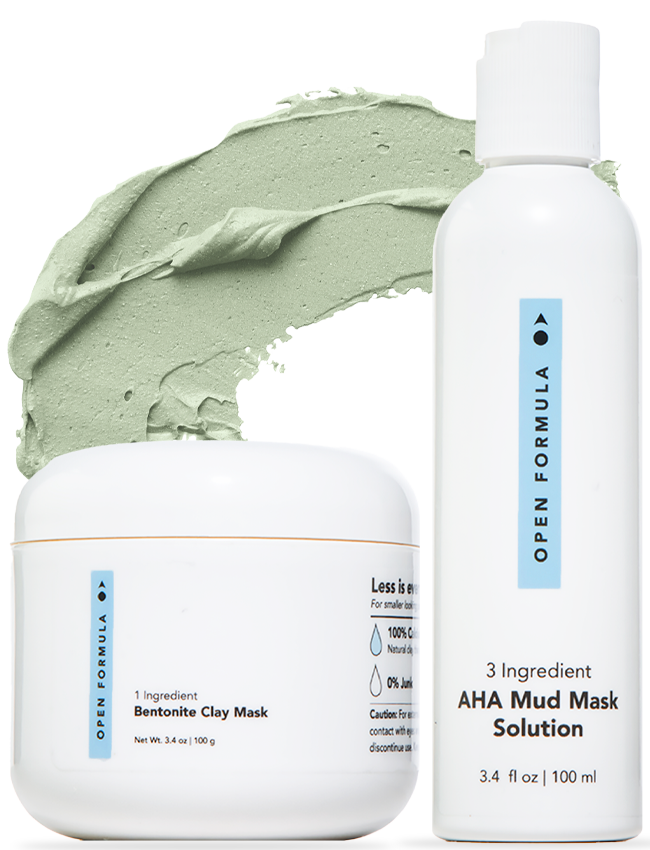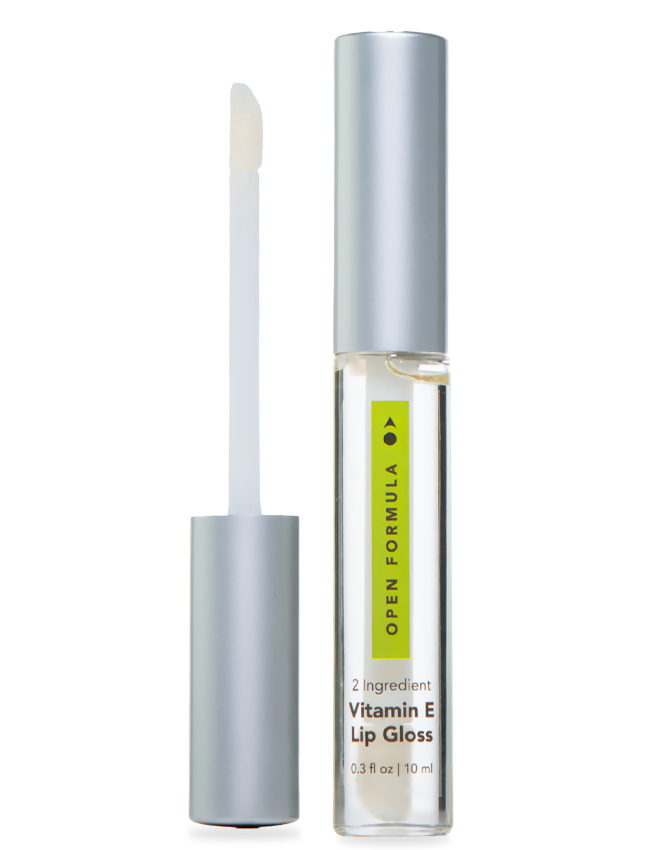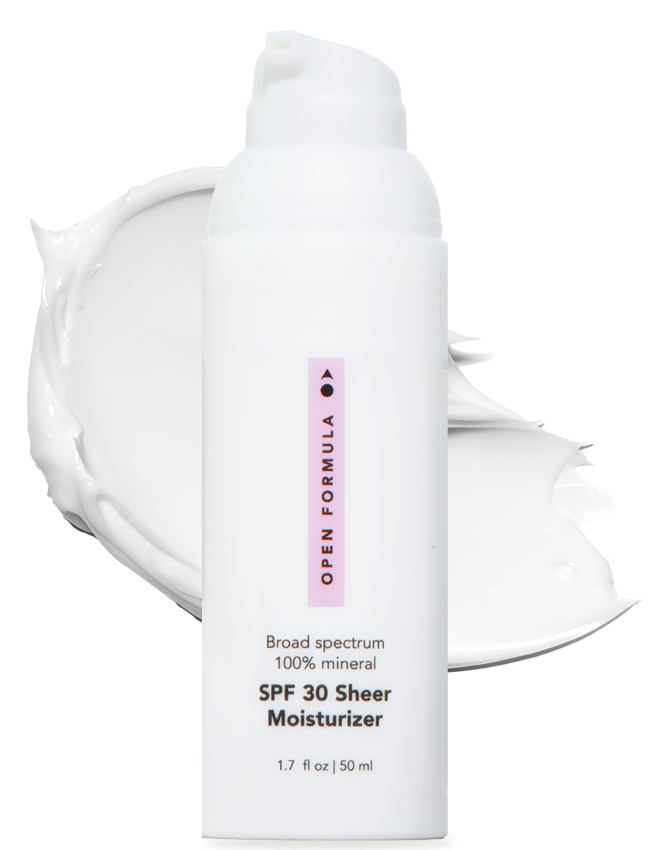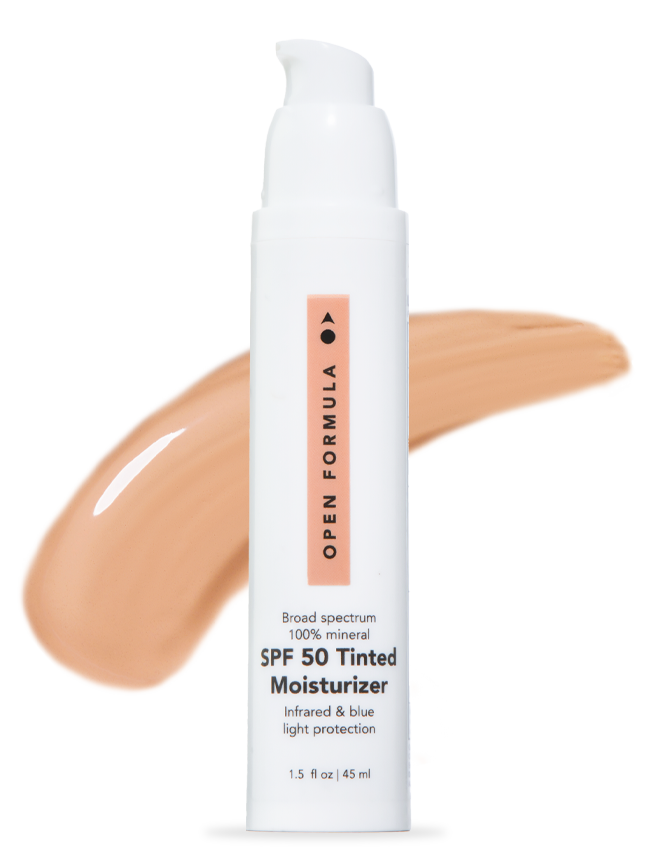Retinol is the gold standard anti-aging ingredient. It tackles everything from the appearance of wrinkles and dark spots, to skin tone and texture. Bakuchiol has come up lately as a natural retinol alternative offering similar benefits, but without the irritation that's typical for retinol. In this article, we will compare bakuchiol vs retinol.
We’ll try and answer the question – is bakuchiol really worth the hype?
Bakuchiol is 100% plant-derived. Scientists have known for a while that this plant extract can have retinol-like effects on the skin. Studies from 5 years ago suggested that bakuchiol can function as an anti-aging ingredient, acting similar to retinol.
Bakuchiol vs. Retinol Review: How are they different and how are they similar
The Benefits
Retinol is multi-functional. It works both for problem skin, as well as aging skin. Plus, it can reduce the appearance of acne, acne scars, and blackheads. It also helps even out the appearance of wrinkles, lines and age spots.
Bakuchiol has anti-aging properties similar to those of retinol. And it can reduce the appearance of lines, wrinkles and age spots, too. But bakuchiol doesn't do much for acne-prone skin.
The Side Effects
Retinol causes inflammation. For those who have sensitive skin, retinol can be irritating. Most people have to get used to using retinol slowly. They increase the frequency of use and the amount used over time. Retinol makes your skin sensitive to the sun. So it’s recommended to only use retinol at night.
Bakuchiol, on the other hand, has none of the side effects that can put many off trying retinol. And because bakuchiol isn't sun-sensitive, it can be used during the day.
The Chemical Structures
Bakuchiol and retinol have different chemical structures. Retinol is made in a lab. Bakuchiol is made naturally from a plant known as the babchi plant. Babchi grows in India and has long been a part of Ayurvedic medicine.
Ingredient Interactions
Certain ingredients don't play nice with retinol, some acids and benzoyl peroxide, for example. But you can use these ingredients with bakuchiol without any fear of doing damage to your skin or making one of your products useless.
Bakuchiol and Retinol in the Lab
Bakuchiol and retinol are very similar in functionality. A study confirmed that both bakuchiol and retinol support collagen in the skin. Collagen is the building block that gives skin its smooth, supple texture. Bakuchiol is a pro-collagen ingredient.
The Results of Recent Studies of Bakuchiol vs Retinol
A 2018 study reported in the British Journal of Dermatology found that after using retinol and bakuchiol equally for 12 weeks both decreased the appearance of wrinkles and hyper-pigmentation. (Hyper-pigmentation is another word for dark spots.) But the retinol users "reported more facial skin scaling and stinging."
The Takeaway
Retinol
Retinol is still the gold standard. Retinol works especially well when paired with an excellent moisturizing regimen.
Our Open Formula retinoid cream, which has a concentration of 2%, is a next-generation retinoid. It uses a new form of vitamin A. This new form delivers better results than traditional retinol, and without the sensitivity often associated with it.
Bakuchiol
Bakuchiol is purely plant-based. In studies, it has proved it has similar effects on collagen in the skin that retinol does. Plus, bakuchiol has no adverse reactions in the sun, so it can be applied during the day. And bakuchiol can be used with other ingredients that have been shown to work adversely with retinol. But bakuchiol doesn't do much for acne and acne prone-skin.
Of course, just because an ingredient is natural doesn’t mean your skin won’t react to it or the formulation it's contained within. If you have a sensitive complexion, be sure to patch test any products containing bakuchiol.
Was there a clear winner between bakuchiol vs retinol? In the end, the product you choose to use comes down to your personal experience and preferences.







